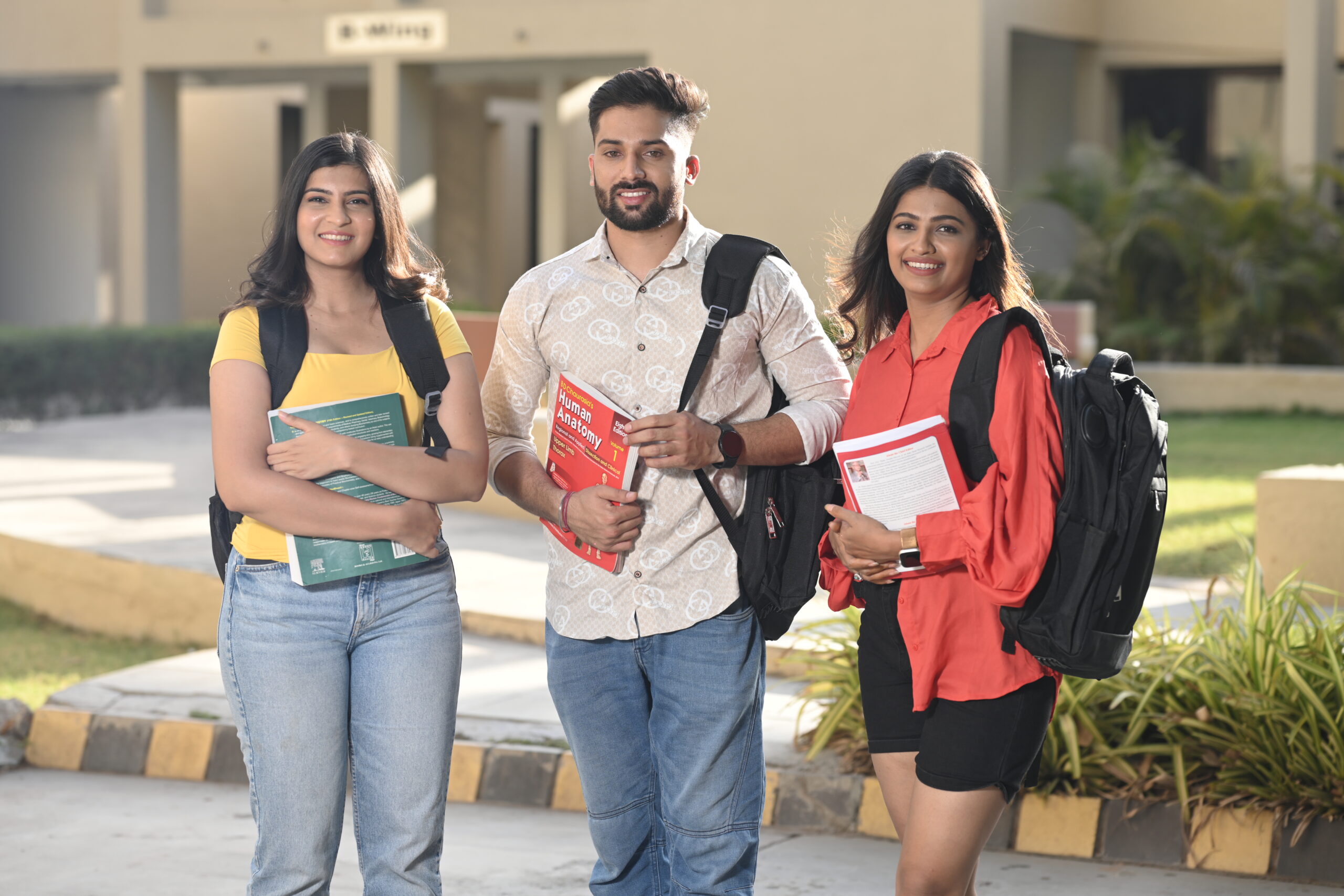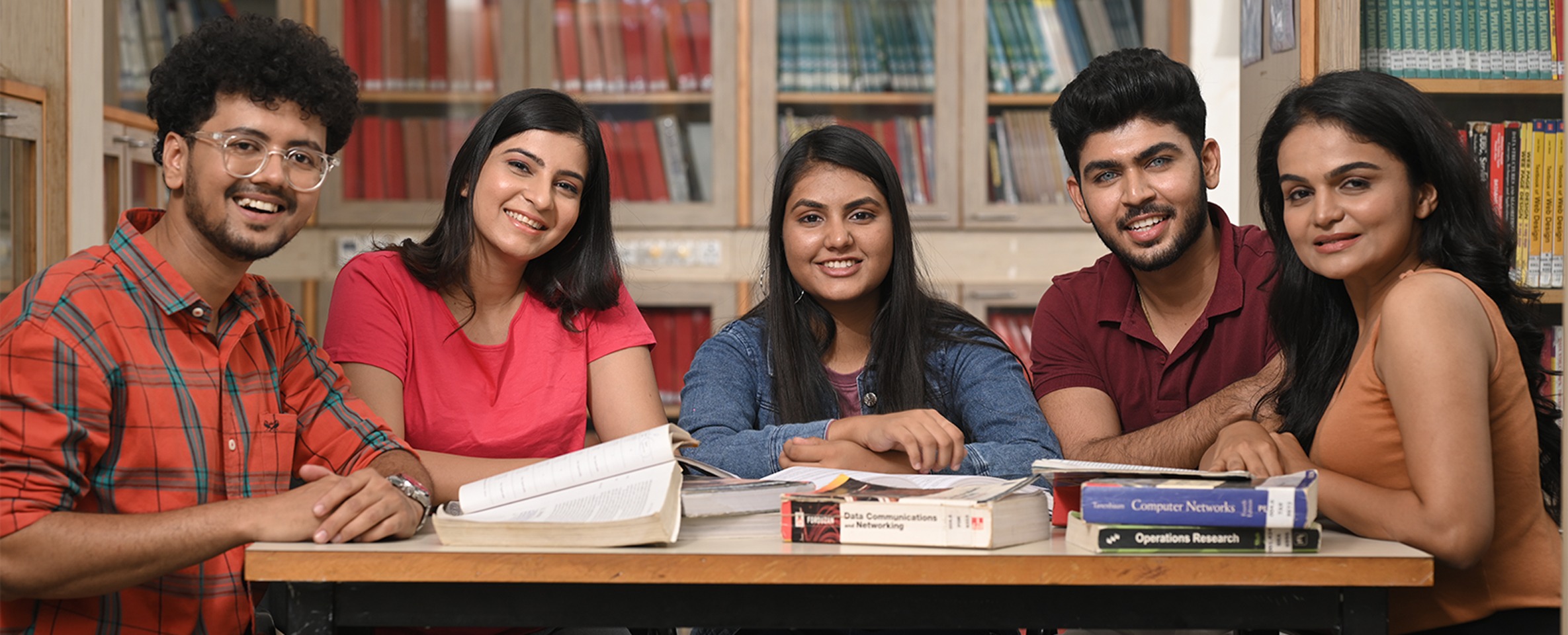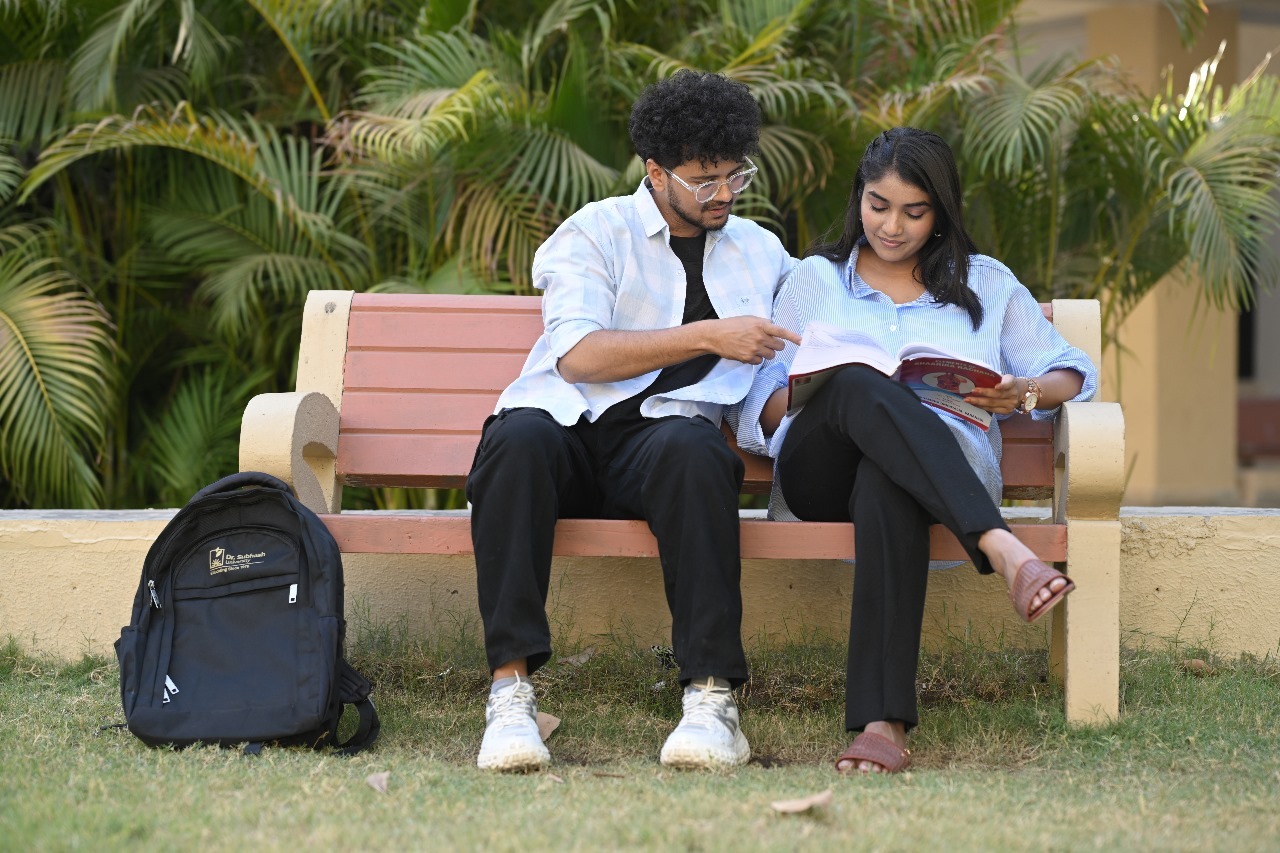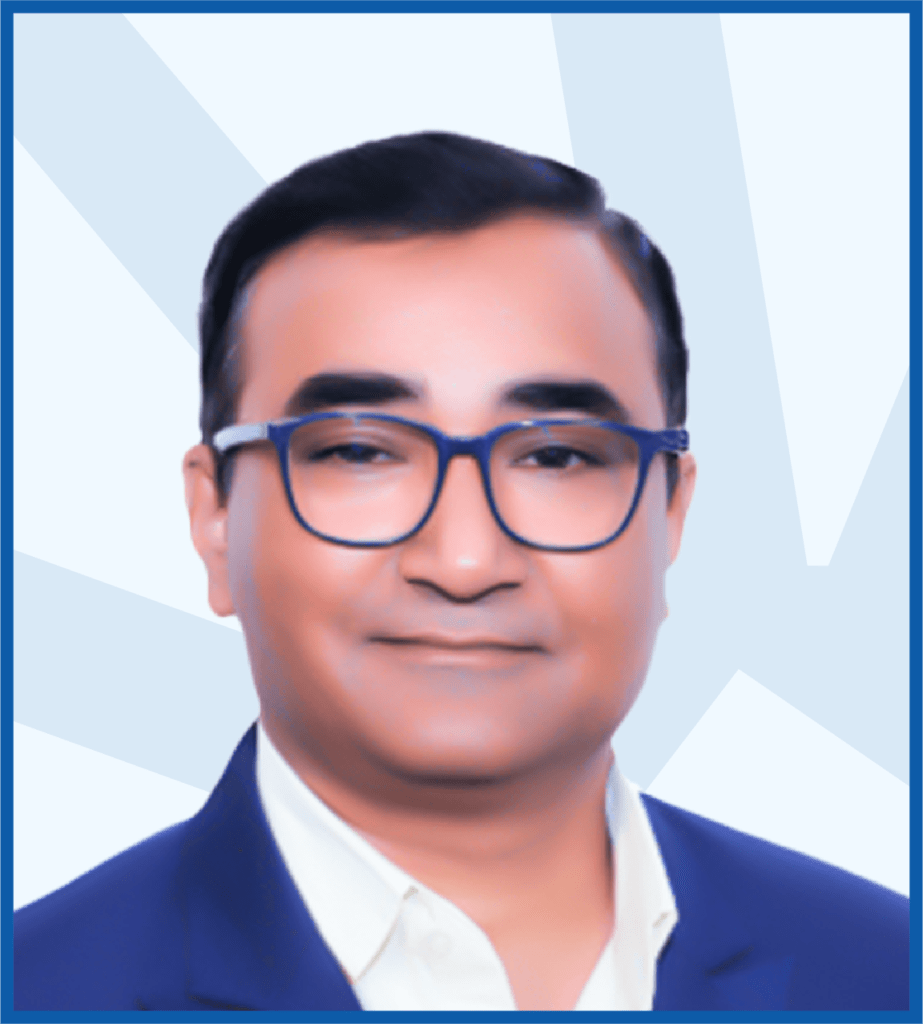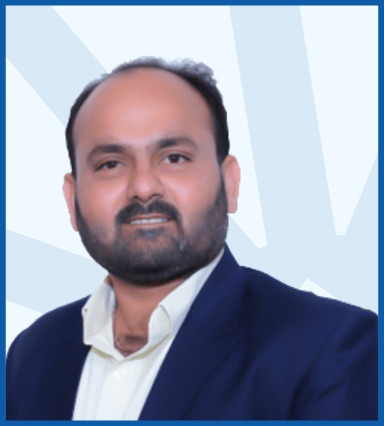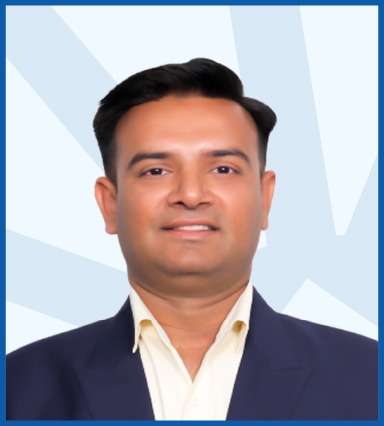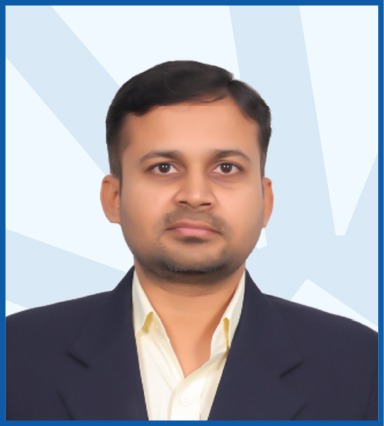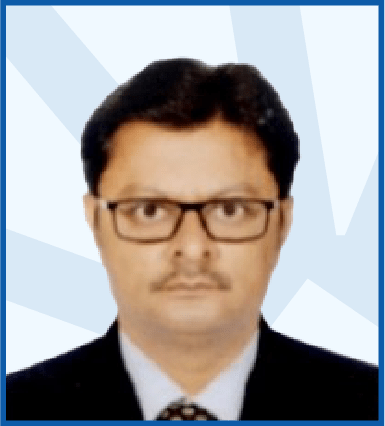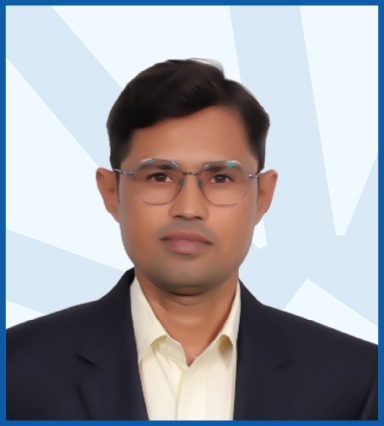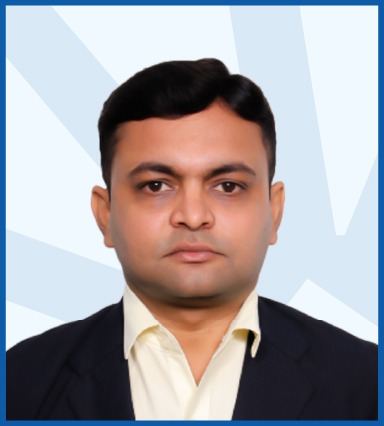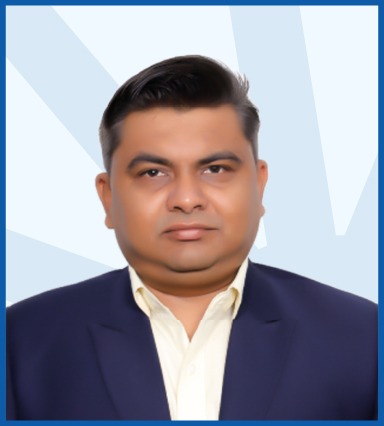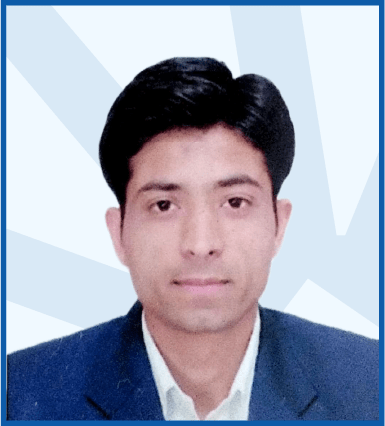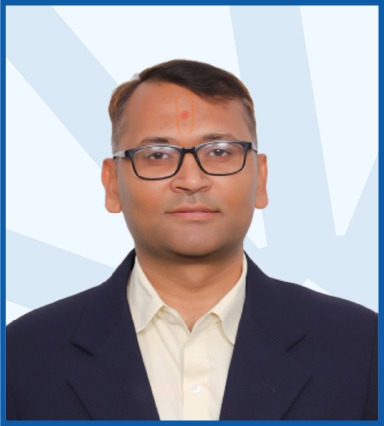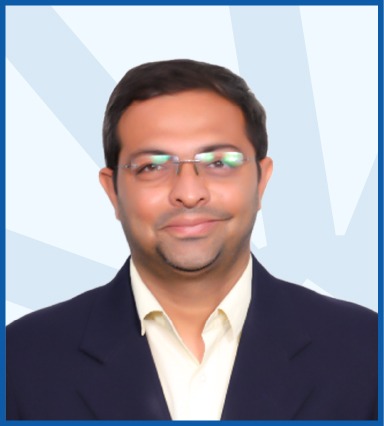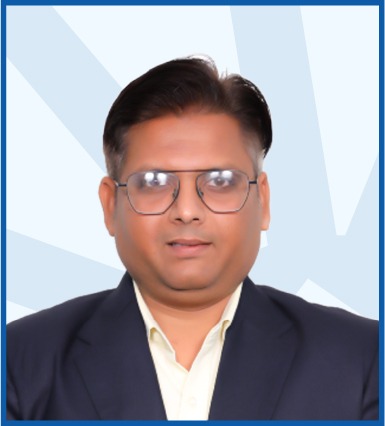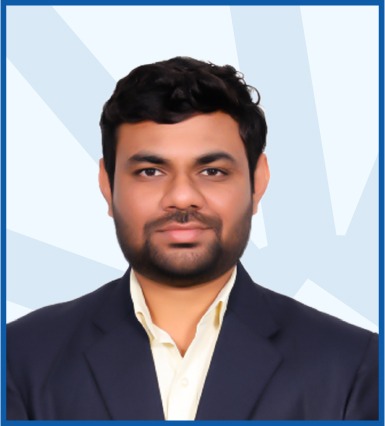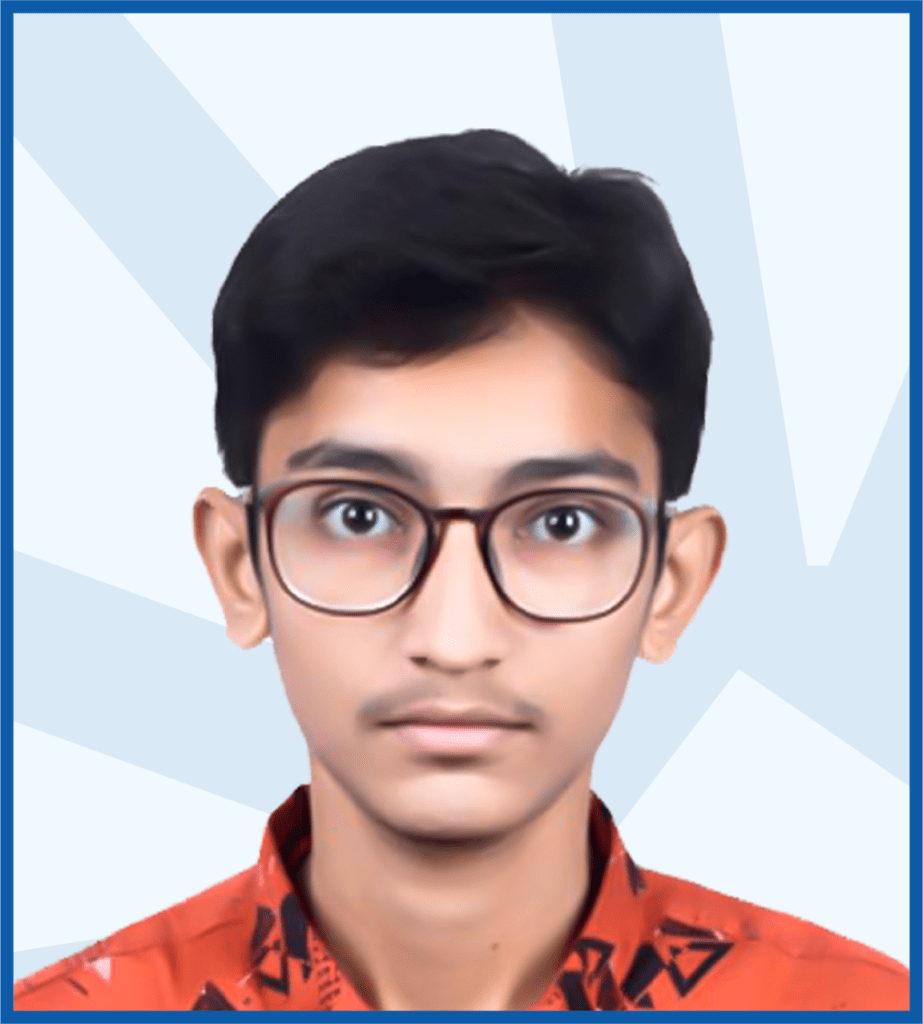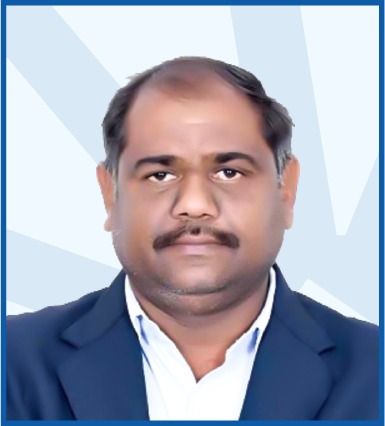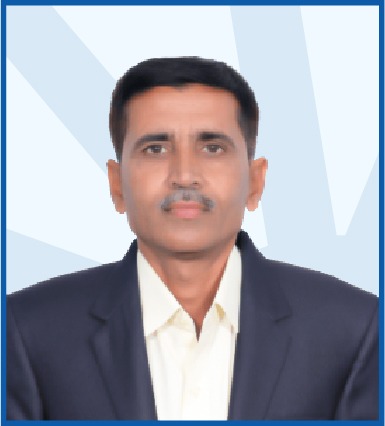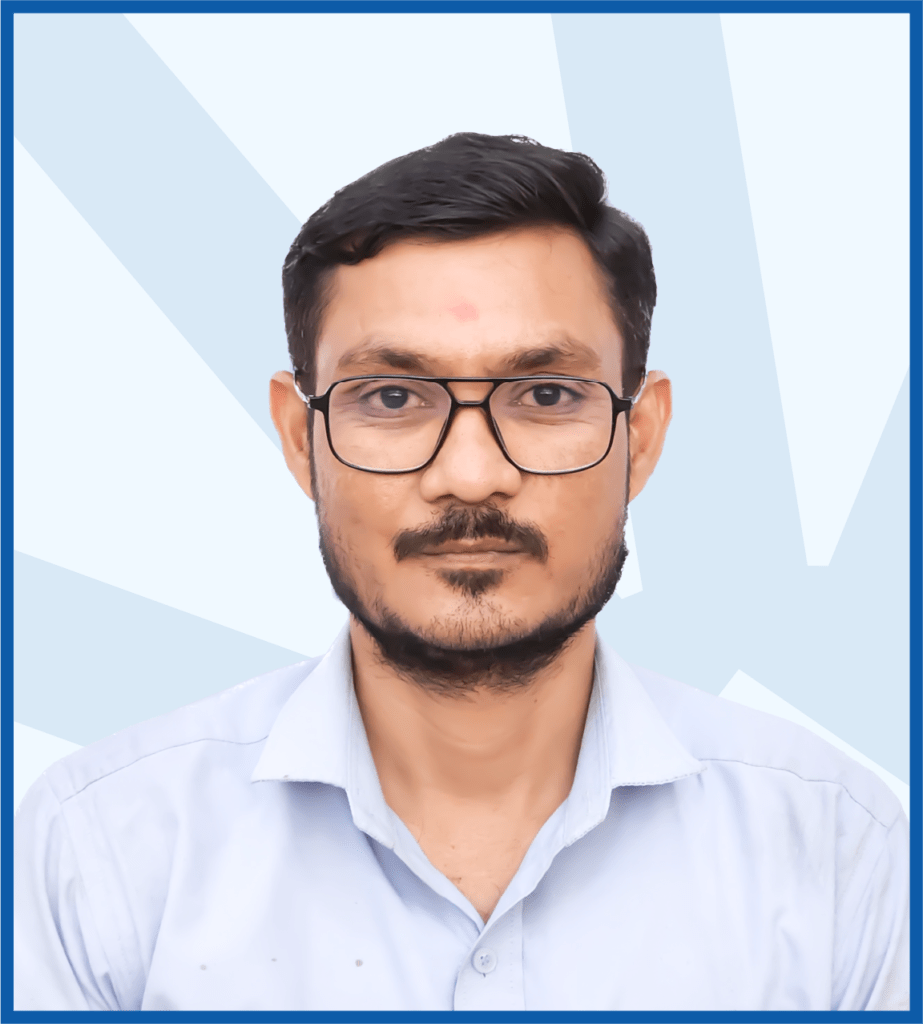Mechanical Engineering
Shape Your Future with Mechanical Mastery through a Diploma at the best private university in Junagadh
Introduction to course
Welcome to the Department of Mechanical Engineering at Dr. Subhash Technical Campus, Junagadh. We started our journey in the year of 2012. Over the last seven years, we have grown our expertise and competence in the core Mechanical Engineering curriculum.
Mechanical Engineering Department is one of the oldest departments of the institute. It is also one of the biggest departments of the institute with high students strength which will continuously increase in next few years. While managing this increased strength which is an urgent need of the nation, department is committed to well being and all round development of its students.
Our department has a distinguished record in both teaching and research. Faculty members have excellent academic credentials and are highly regarded. They have been attend various faculty development program offered by AICTE and many others. Our department offers science-based engineering curriculum. The primary focus of our curriculum is to impart technical knowledge to students for promoting their problem solving skills and innovation of new technologies.
This website provides an overview of the academic programs, research activities of our department, research facilities, profiles of faculty members, and details of student activities. We hope that whether you are a prospective undergraduate or graduate student, or work in industry, or another university, or a visitor, you will find this website to be informative.
Mission
- To provide a comprehensive education that blends theoretical knowledge with hands-on experience, enabling students to develop the practical skills and technical expertise required to excel in the rapidly evolving mechanical engineering industry.
- To inculcate the importance of sustainability by integrating eco-friendly principles and practices into the curriculum, projects, and research, ensuring graduates contribute positively to environmental conservation.
- To cultivate a dynamic learning environment that encourages students to engage in innovative research and development, focusing on solving real-world mechanical engineering challenges with cutting-edge technologies.
- To develop well-rounded engineers with a commitment to continuous learning, ethical responsibility, and leadership, empowering them to adapt to emerging technological trends and societal needs.
Vision
To provide cutting-edge Mechanical Engineering education, empowering students
to address current and emerging technological challenges through innovative, ecofriendly solutions
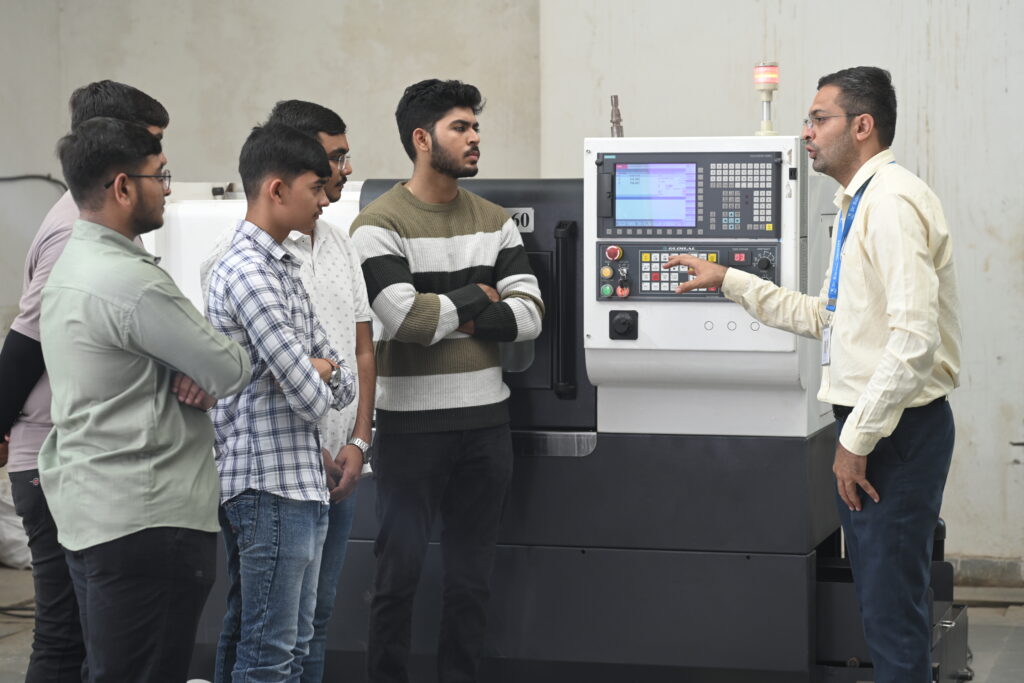
Course objective
- Impart knowledge of mathematics, basic and applied sciences.
- Ability to identify, formulate and solve mechanical engineering problems based on data interpretation, design, experiment and analysis of results.
- Learn effective engineering communication.
- Ability to work in teams on multi-disciplinary projects in industry and research organizations.
- Develop awareness of the ethical, professional and environmental implications of work in a global and societal context.
- Ability to self-learn modern engineering tools, techniques, skills and contemporary engineering practice, necessary for engineering work.
Course outcome
- Recognition of the need for, and an ability to engage in, life-long learning.
- Ability to work professionally in either thermal or mechanical systems areas.
- Ability to design and build apparatus and conduct experiments for static, dynamic, mechanic, thermal/heat, fluid, manufacturing and control systems to meet desired needs subject to realistic constraints.
- Apply their understanding in the realm of Design, Production and thermal fluid sciences to solve engineering difficulties utilizing sophisticated technology.
- Fruitfully apply the values of design, analysis and execution of mechanical systems/processes which have been feeded as a part of the curriculum.
- Extend and implement new thoughts on product design and development with the aids of modern CFD and CAD/CAM tools, while ensuring best manufacturing practices.
- To impart fundamental knowledge of basic science like mathematics, physics & chemistry and its application to mechanical engineering.
- To make students aware of the various areas of Mechanical Engineering like Design, Thermal, Production Engineering & allied and its application through classroom/practical/industrial visit.
- Use of Mechanical Engineering knowledge along with concept of Management, Software and exposure to the industrial Environment & procedures.
- Demonstrate knowledge in the area of design, analysis and fabrication of mechanical systems.
- Apply learned concepts and management skills to associate professionally in industry or as an entrepreneur.
- Ability to apply mathematics, science, and engineering.
- Ability to design and conduct experiments, as well as to analyze and interpret data.
- Ability to identify, formulates, and solves engineering problems.
- Ability to use the techniques, skills, and modern engineering tools necessary for engineering practice.
- Ability to apply principles of engineering, basic science, and mathematics (including multivariate calculus and differential equations) to model, analyze, design, and realize physical systems, components, or processes.
- Ability to function on multi-disciplinary teams.
- Understanding of professional and ethical responsibility.
- Ability to communicate effectively.
- Knowledge of contemporary issues.
- Ability to design a system, component, or process to meet desired needs within realistic constraints.
- Broad education necessary to understand the impact of engineering solutions in a global and societal context.
Admission procedure
Eligibility:
- The student who has qualified SSC or equivalent from recognized board or body is eligible for admission in Diploma Engineering programme.
|
Board |
Category |
Theory Marks |
Theory + Practical Marks |
|---|---|---|---|
|
GSEB |
Open |
135 / 300 |
180 / 400 |
|
GSEB |
Reserve |
120 / 300 |
180 / 400 |
|
Other Boards |
Open |
108 / 240 |
135 / 300 |
|
Other Boards |
Reserve |
96 / 240 |
120 / 300 |
Admission Process:
- Purchase a PIN and Booklet from the recognized bank as informed by the Admission Committee.
- Submit an online form with necessary details and upload the documents on the admission portal.
- Make suitable choice filling as suggested by the admission committee in due time.
- Once the seat allocation is done and a seat is allotted to you, confirm your admission and pay necessary fees online on the portal.
- Take print of confirmation letter and payment receipt and report to the allotted institute in prescribed time duration.
Curriculum
- Duration: 3 years
- Fees: Rs. 44,100
- Intake: 60
| GTU Code | Subject | Theory(Hrs) | Tutorial(Hrs) | Practical(Hrs) | Credits |
|---|---|---|---|---|---|
| 3300001 | Basic Mathematics | 2 | 0 | 2 | 4 |
| 3300002 | English | 3 | 2 | 0 | 5 |
| 3300003 | Environment Conservation &Amp; Hazard Management | 4 | 0 | 0 | 4 |
| 3300004 | Engineering Physics (Group-1) | 3 | 0 | 2 | 5 |
| 3300007 | Basic Engineering Drawing | 2 | 0 | 4 | 6 |
| 3301901 | Engineering Workshop Practice | 0 | 0 | 4 | 4 |
| GTU Code | Subject | Theory(Hrs) | Tutorial(Hrs) | Practical(Hrs) | Credits |
|---|---|---|---|---|---|
| 1990001 | Contributor Personality Development | 4 | 0 | 0 | 4 |
| 3320003 | Advanced Mathematics (Group-2) | 2 | 2 | 0 | 4 |
| 3300008 | Applied Mechanics | 3 | 0 | 2 | 5 |
| 3321902 | Material Science &Amp; Metallurgy | 3 | 0 | 2 | 5 |
| 3321901 | Mechanical Drafting | 2 | 0 | 6 | 8 |
| 3320004 | Basic Of Civil Engineering | 0 | 1 | 2 | 3 |
| GTU Code | Subject | Theory(Hrs) | Tutorial(Hrs) | Practical(Hrs) | Credits |
|---|---|---|---|---|---|
| 3331901 | Manufacturing Engineering-I | 3 | 0 | 4 | 7 |
| 3331902 | Thermodynamics | 3 | 0 | 0 | 3 |
| 3331903 | Fluid Mechanics And Hydraulic Machines | 4 | 0 | 2 | 6 |
| 3331904 | Strength Of Materials | 4 | 0 | 2 | 6 |
| 3331905 | Applied Electrical And Electronic Engg. | 3 | 0 | 2 | 5 |
| 3331906 | Computer Aided Machine Drawing | 0 | 0 | 4 | 4 |
| 3330001 | Human Resource Management | 2 | 0 | 0 | 2 |
| GTU Code | Subject | Theory(Hrs) | Tutorial(Hrs) | Practical(Hrs) | Credits |
|---|---|---|---|---|---|
| 3341901 | Manufacturing Engineering-Ii | 3 | 0 | 4 | 7 |
| 3341902 | Thermal Engineering-I | 3 | 0 | 2 | 5 |
| 3341903 | Theory Of Machine | 4 | 0 | 2 | 6 |
| 3341904 | Computer Aided Design | 2 | 0 | 2 | 4 |
| 3341905 | Metrology And Instrumentation | 4 | 0 | 4 | 8 |
| 3341906 | Plant Maintenance And Safety | 3 | 0 | 2 | 5 |
| GTU Code | Subject | Theory(Hrs) | Tutorial(Hrs) | Practical(Hrs) | Credits |
|---|---|---|---|---|---|
| 3351901 | Thermal Engineering-Ii | 2 | 0 | 2 | 4 |
| 3351902 | Design Of Machine Elements | 3 | 0 | 2 | 5 |
| 3351903 | Manufacturing Engineering-Iii | 3 | 0 | 4 | 7 |
| 3351904 | Industrial Engineering | 3 | 0 | 2 | 5 |
| 3351905 | Estimating, Costing And Engineeringcontracting Contracting | 2 | 0 | 2 | 4 |
| 3351906 | Self Employement And Entrepreneurship Development | 3 | 0 | 2 | 5 |
| 3351908 | Project-I | 0 | 1 | 3 | 4 |
| GTU Code | Subject | Theory(Hrs) | Tutorial(Hrs) | Practical(Hrs) | Credits |
|---|---|---|---|---|---|
| 3361901 | Computer Aided Manufacturing | 2 | 0 | 2 | 4 |
| 3361902 | Tool Engineering | 3 | 0 | 2 | 5 |
| 3361903 | Industrial Management | 3 | 0 | 0 | 3 |
| 3361904 | Manufacturing Systems | 3 | 0 | 2 | 5 |
| 3361905 | Fabrication Technology. | 3 | 0 | 2 | 5 |
| 3361910 | Project-2 | 0 | 0 | 6 | 6 |
Faculty
Labs and facilities

